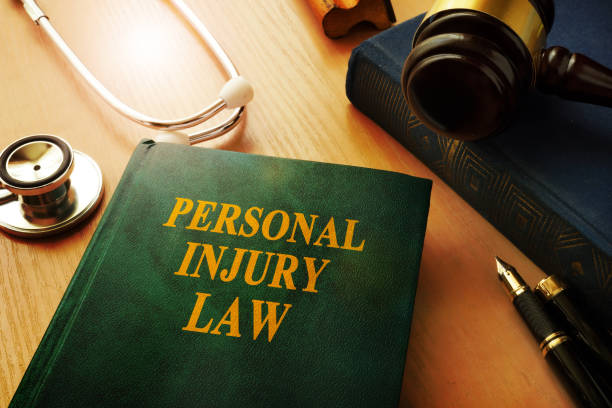Most personal injury cases that are filed were due to negligence. When a person fails to act reasonably under the circumstances and injures another, this is considered negligence. To hold a party financially liable for your damages, you must first prove fault.
Causation is a crucial element in a negligence claim that must be proven by the plaintiff in order to establish liability and accountability on the part of the defendant. The connection between the defendant’s actions and the plaintiff’s injuries is referred to as causation. In particular, the plaintiff must demonstrate that the defendant’s negligent behavior has really caused the plaintiff’s injuries. Causation, in tort law, is where you must prove that the defendant’s actions contributed materially to the events that caused your injury.
There are two types of causation that must be established in a negligence claim: actual cause and proximate cause. Actual cause, also known as “but-for” causation, requires the plaintiff to prove that the injury would not have occurred “but for” the defendant’s negligence. In other words, the plaintiff must show that their injury would not have occurred if the defendant had acted reasonably under the circumstances.
On the other hand, proximate cause requires the plaintiff to demonstrate that the defendant’s negligent behavior was the direct and foreseeable cause of the plaintiff’s injuries. This means that the defendant’s actions must have directly caused the plaintiff’s harm and that the harm was a reasonably foreseeable result of the defendant’s actions. This is the direct cause or factual cause of injuries.
In order to establish causation in a negligence claim, the plaintiff may be required to provide evidence such as medical records, expert testimony, eyewitness accounts, and other pertinent information to demonstrate that the defendant’s actions were the direct cause of their injuries.
It is important to note that even if the plaintiff can prove that the defendant was negligent and that their actions caused the plaintiff’s injuries, the plaintiff may not be entitled to compensation if they contributed to their own injuries. This is known as comparative negligence in some states, and it may limit the amount of compensation that the plaintiff can receive.
In order for you to understand the claim process and how the causation of your injuries can affect your claim, you need the assistance of a personal injury lawyer. A personal injury lawyer will help you with the best course of action and can explain to you the nitty-gritty details of the process.
If you or a loved one has been injured in an accident due to the fault of someone else or negligence, Darfoor Law Firm is here to help you and give you the best service you deserve. Accidents can be tough to deal with and you need someone who will understand, sympathize, and fight for you.
Call us at +1-833-DARFOOR for a free consultation and case evaluation.


